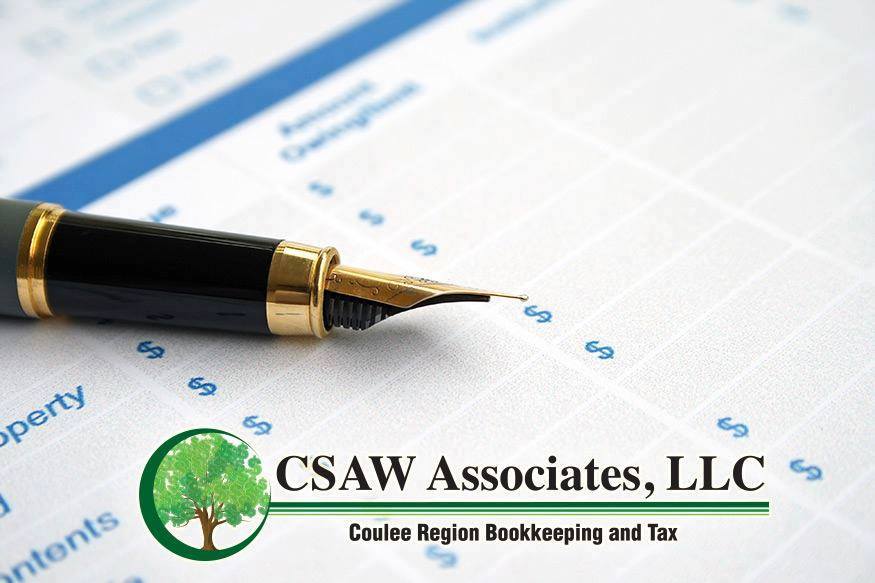Failure to File: COVID-19 Update
Failure to File: COVID-19 Update
Due to COVID-19, the IRS extended the tax return filing and payment deadline to July 15, 2020. If you are unable to file your return by this date, you may request an extension which will give you until October 15, 2020 to submit your tax return. However, an extension only gives you extra time to file your tax return; your payment is still due no later than July 15, 2020.
When a taxpayer has not filed a tax return by the extension deadline of October 15th, the IRS will gather all of the tax documents that have been transmitted to them and create a substitute return. If their data shows that you are owed a refund, nothing further will be done. If the data shows that you owe money, the IRS will begin sending out collection letters.
Overpayment of Taxes
If you qualify for a refund and wait more than 3 years to file your return, the IRS will take that refund away because the statute of limitations will have expired. Don’t expect them to send you a reminder letter!
Penalties Assessed If You Owe
There is interest due on taxes you owe, but that’s not the biggest penalty. For every month that your tax return remains unfiled, a five percent failure-to=file penalty applies, up to 25 percent of the tax due.
For example, let’s say you owe $1000. It could cost you a penalty of $250 per month for not filing, but only a $5 penalty for not paying. Don’t forget that in addition to the penalties listed above, the IRS will continue to charge interest on any unpaid balance.
Increased Audit Risk
In addition to the penalties and interest you are charged when you don’t file a timely return, you also increase your chances of being audited. When you file on time, you have a three percent chance of an audit. If you don’t file on time, your chance of being audited increases to 50 percent.
The general rule is to file by the extension due date since the consequences are harsher for not filing than not paying the tax due. However, be proactive to pay any tax due by the deadline, not the extension deadline.
You Can No Longer Hide from the IRS
You might think that the IRS will never find you, but you would be mistaken. Advances in technology have made it easier than ever before for the IRS to find you.
If you have a driver’s license, passport, bank account, social media account, address, social security number, or any other database record, the IRS has access to it and will see that you have not filed.
Take Action Now
Don’t put yourself in a position of grief. Even if you are not ready to file, file something and you can amend the return later.



